Breast cancer now accounts for 30 percent of all cancer-related deaths among women in the U.S., but like many cancers, it is highly treatable if detected early. Thanks in part to improved imaging and diagnostic technologies as well as evolving treatment protocols, the national five-year survival rate for breast cancer patients is now 90 percent, and the 10-year rate is 84 percent.
With the observance of National Breast Cancer Awareness Month, October is always a time to promote public understanding of breast cancer diagnosis, treatment and support resources for patients. A key focus is encouraging women over 40 and women with a family history of breast cancer to get a mammogram.
“A mammogram is the best way to detect breast cancer at its earliest and most treatable stage – and even to detect breast tissue with abnormalities that may become cancerous in the future and therefore should be closely monitored,” said Roberta Lilly, Medical Director of the University of Maryland Shore Regional Health Clark Comprehensive Breast Center in Easton.
3-D mammography with tomosynthesis is provided by appointment at the Diagnostic and Imaging Center at Easton, the Leh Women’s Center in UM Shore Medical Center at Chestertown, and at the UM Shore Medical Pavilion locations in Denton and Queenstown. Mammography also will be available at UM Shore Medical Pavilion at Cambridge when the new facility opens.
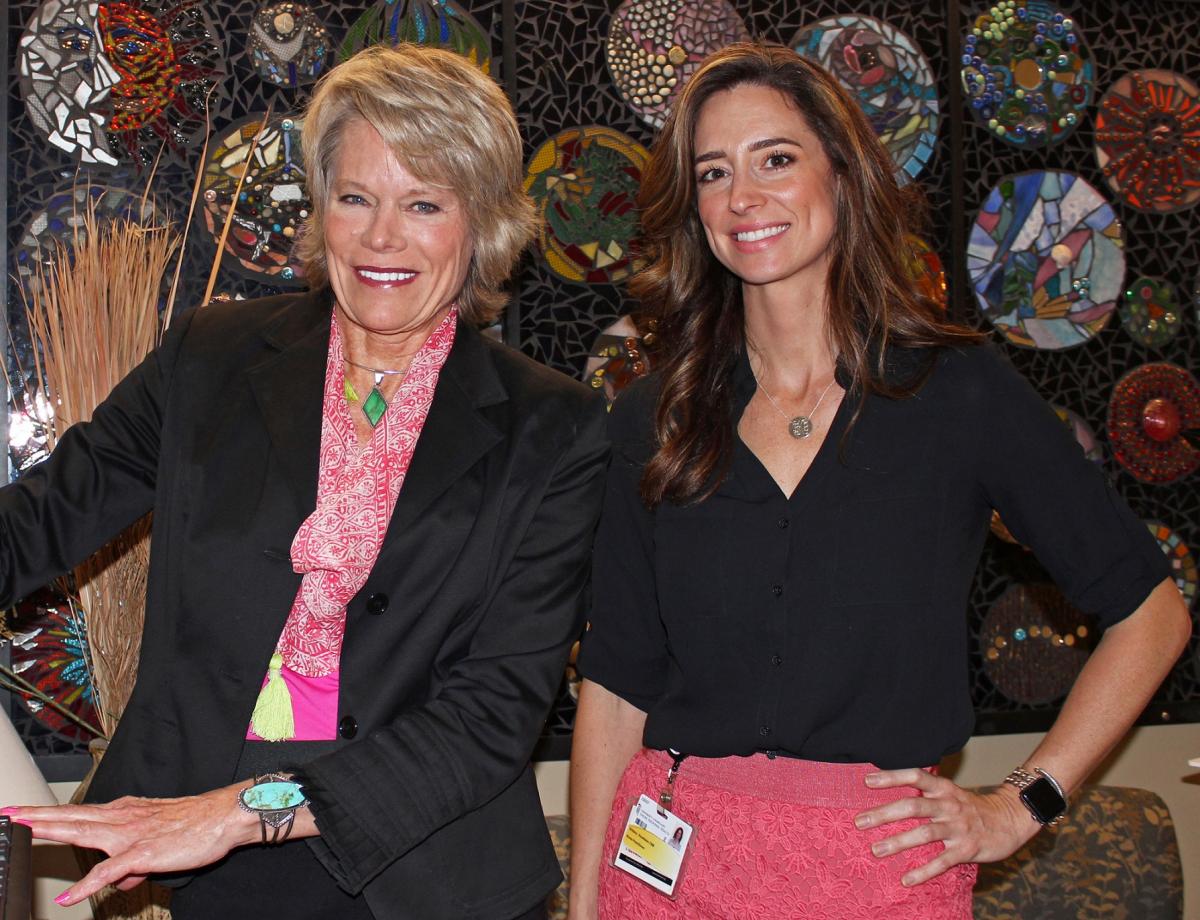
Shown are Clark Comprehensive Breast Center providers Dr. Roberta Lilly, Medical Director, and Brittany Krautheim, Nurse Practitioner.
Beyond mammography, The American Society of Breast Surgeons now also recommends genetic testing for all women who have been diagnosed with breast cancer, including survivors who may be several years past their diagnosis. Genetic testing is offered to patients at the Clark Comprehensive Breast Center, via a blood test or a saliva test, followed by a session with a University of Maryland School of Medicine genetics counselor who reviews the patient’s personal and familial risk factors, provides information related to hereditary cancer genes, cancer screening and risk reduction strategies.
“Understanding your genetic profile can inform you of your possible cancer risks and also provide information that you may want to share with close relatives who might consider undergoing testing themselves,” said Dr. Lilly.
In collaboration with the Clark Comprehensive Breast Center, the Cancer Center at UM Shore Regional Health offers a wealth of support services for patients, including support groups (now offered virtually due to COVID-19), nutrition counseling and guidance to help lessen the financial, legal and emotional burdens of cancer. Oncology social workers are on hand to provide one-on-one counseling, advocacy, and assistance with financial needs related to treatment and medication, in-home assistance, and medical equipment and supplies.
The Cancer Center’s Pat Shortall Wig Room provides hats and other accessories, including free wigs, to patients undergoing chemotherapy and/or radiation. The Women’s Health Boutique provides post-mastectomy garments, prosthetics and swimwear to accommodate the needs of pre- and post-surgery patients. Through the “Improving Your Look and Outlook” program, patients may also enjoy an appointment, free of charge, for hair care andr makeup at Salon Inspire in Trappe.
“In our five-county region, the Clark Comprehensive Breast Center offers the only truly comprehensive care and services for patients at all stages of the breast cancer journey, from diagnosis to completion of their treatment,” said Dr. Lilly. “During October, our dedicated clinical and support staff encourage all women to attend to their breast health and make an appointment for a screening if they are due for one.”
To learn more about breast health services offered through UM Shore Regional Health, call 410-820-9400. To make an appointment for a mammogram (which may require an order from your health care provider) at the location most convenient for you, call 410-822-1000, ext. 2600.
About University of Maryland Shore Regional Health
As part of the University of Maryland Medical System (UMMS), University of Maryland Shore Regional Health is the principal provider of comprehensive health care services for more than 170,000 residents of Caroline, Dorchester, Kent, Queen Anne’s and Talbot counties on Maryland’s Eastern Shore. UM Shore Regional Health’s team of more than 2,200 employees, medical staff, board members and volunteers works with various community partners to fulfill the organization’s mission of Creating Healthier Communities Together.
About the University of Maryland Medical System
The University of Maryland Medical System (UMMS) is a university-based regional health care system focused on serving the health care needs of Maryland, bringing innovation, discovery and research to the care we provide and educating the state’s future physician and health care professionals through our partnership with the University of Maryland School of Medicine and University of Maryland, Baltimore professional schools (Nursing, Pharmacy, Social Work and Dentistry) in Baltimore. As one of the largest private employers in the State, the health system’s more than 29,500 employees and 4,000 affiliated physicians provide primary and specialty care in more than 150 locations, including 13 hospitals and 9 University of Maryland Urgent Care centers. The UMMS flagship academic campus, the University of Maryland Medical Center in downtown Baltimore, is recognized regionally and nationally for excellence and innovation in specialized care. Our acute care and specialty rehabilitation hospitals serve urban, suburban and rural communities and are located in 13 counties across the State. For more information, visit www.umms.org.
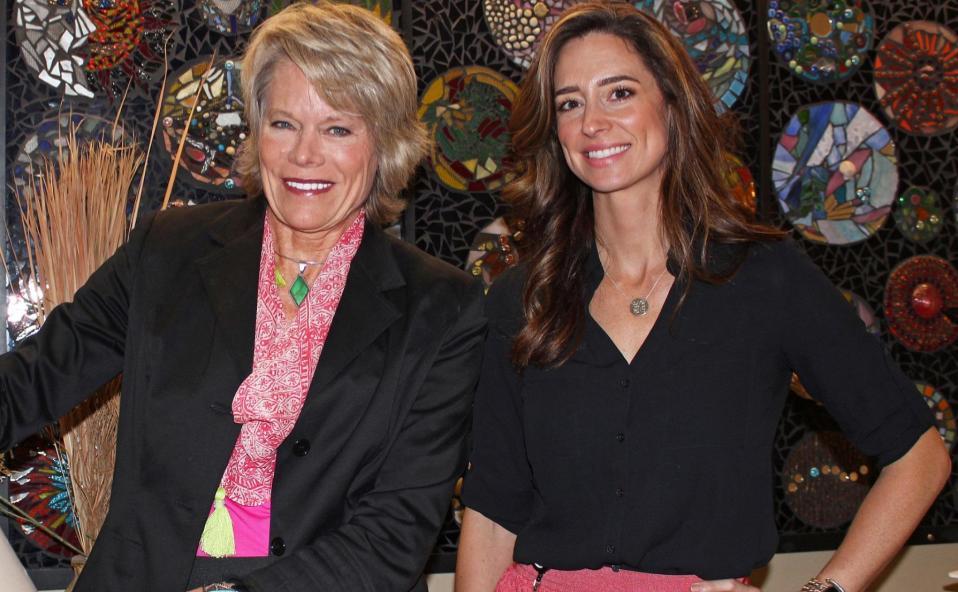

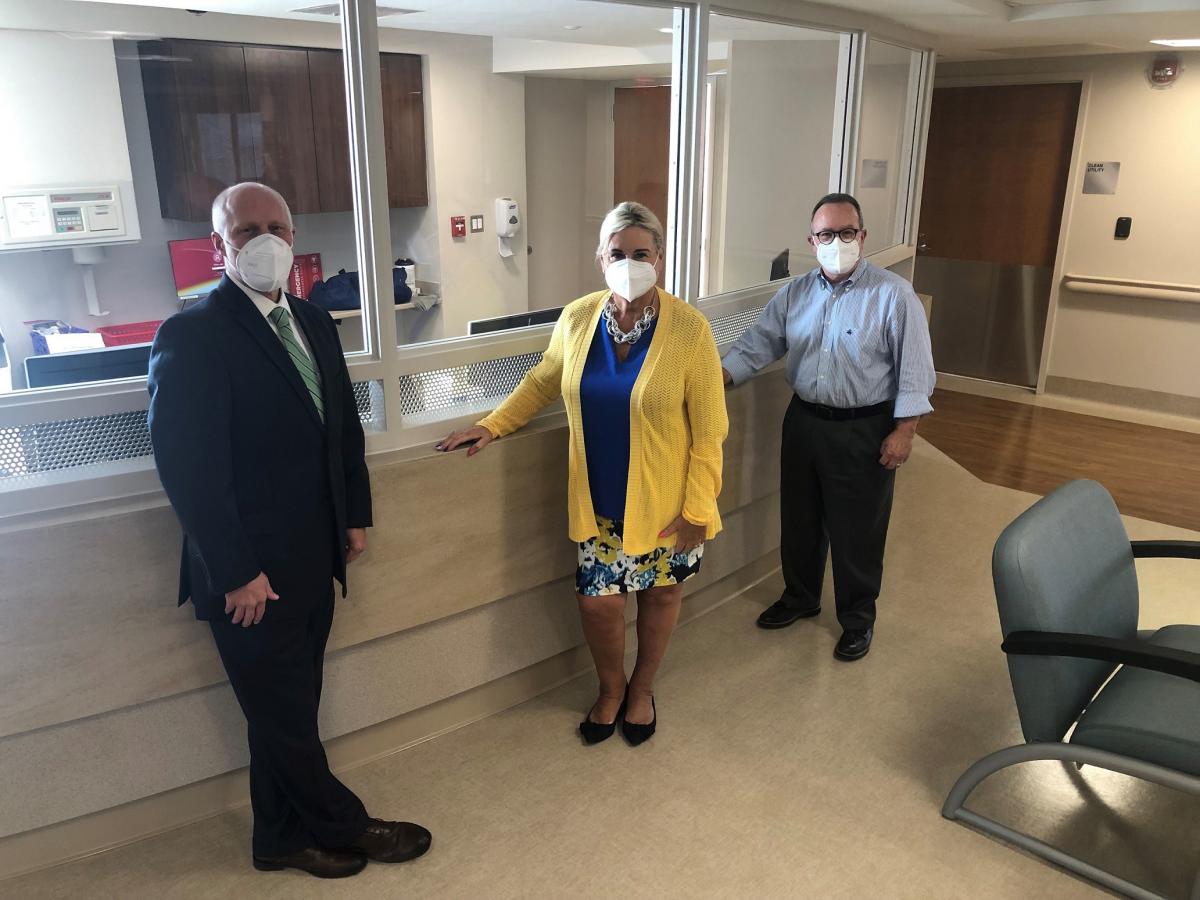
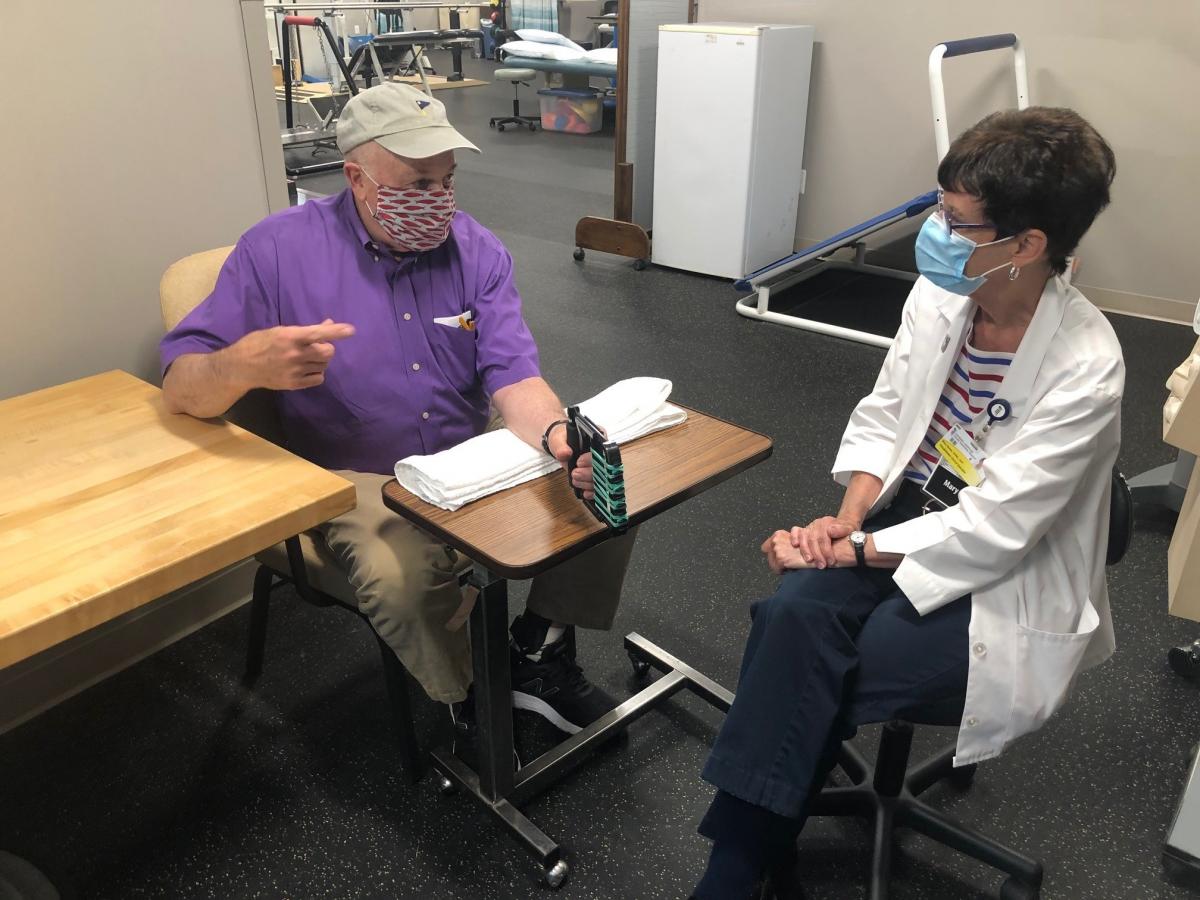
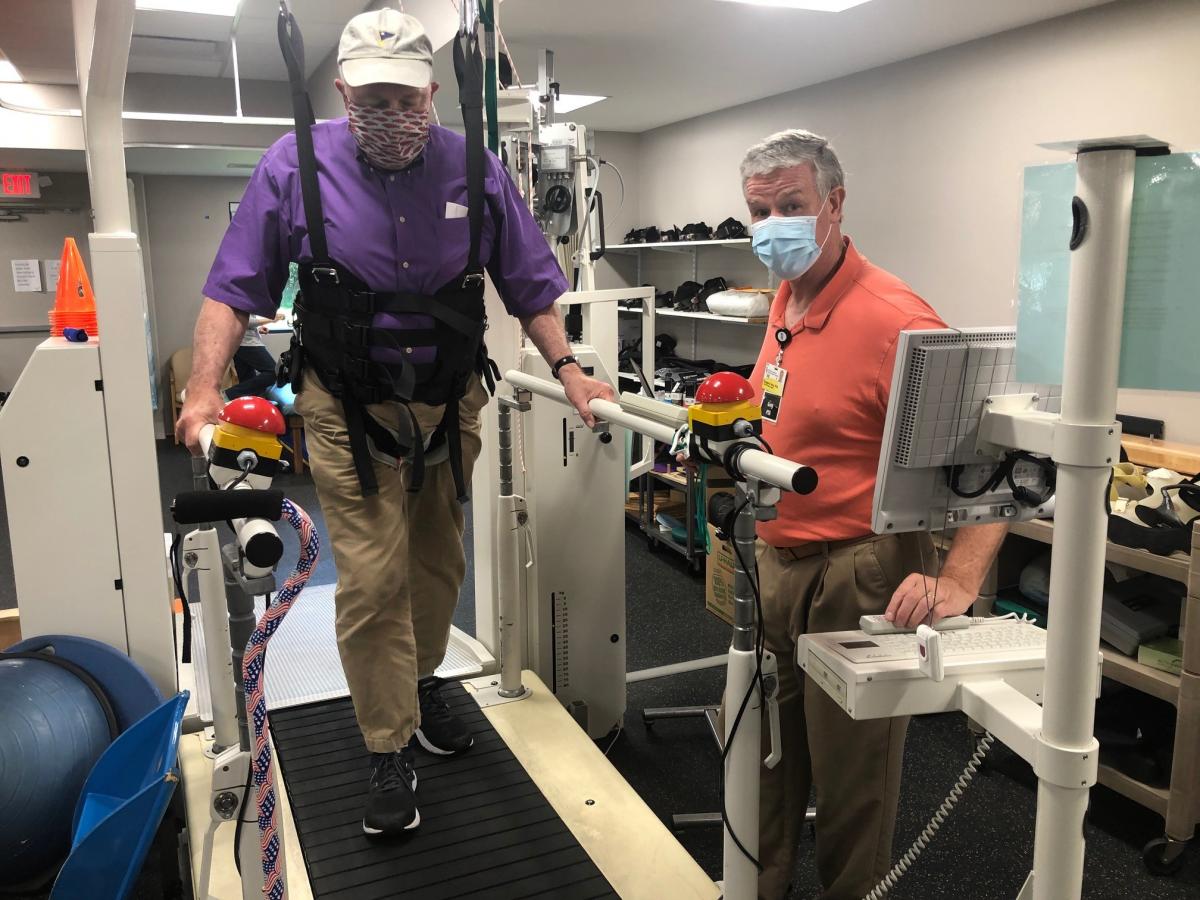
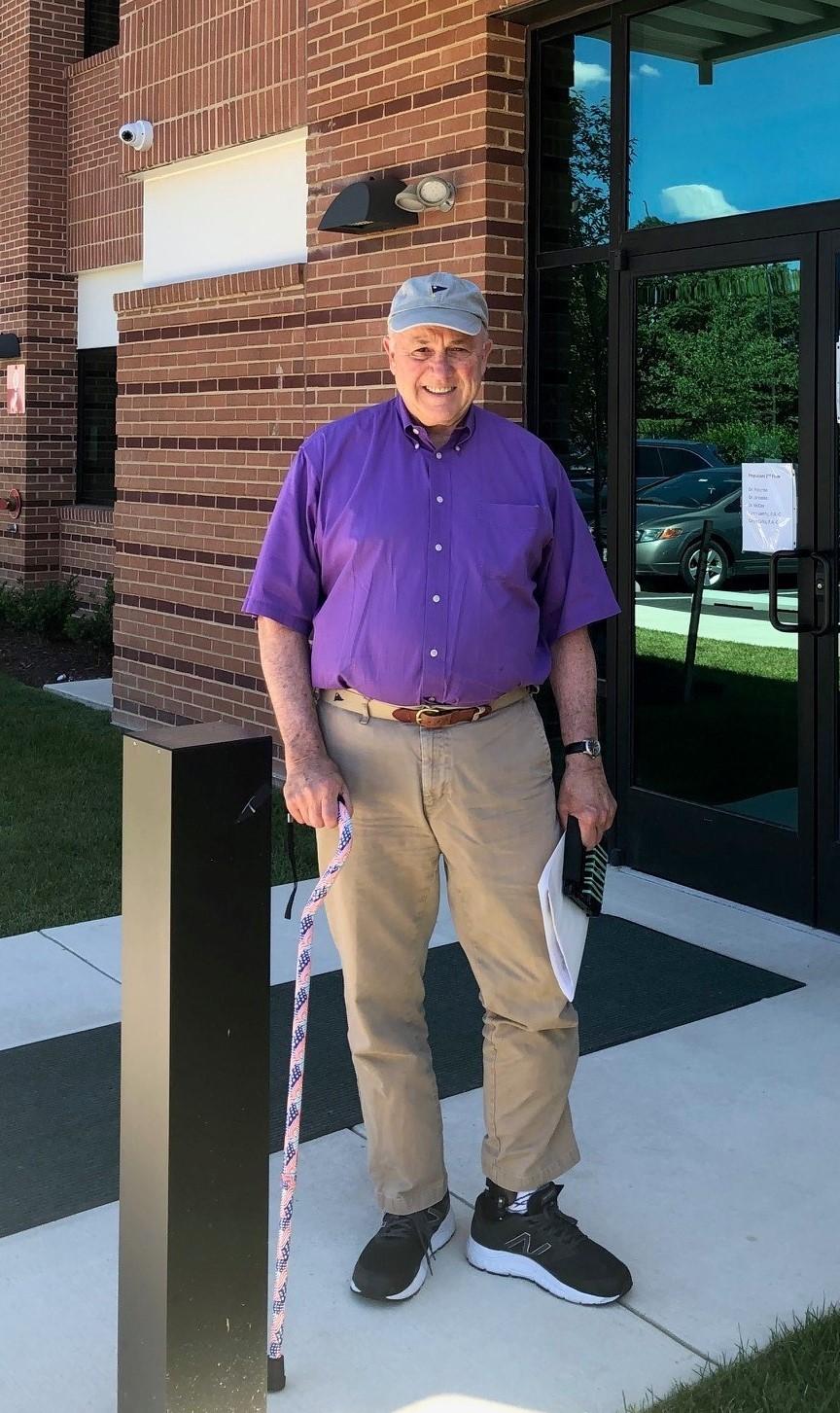
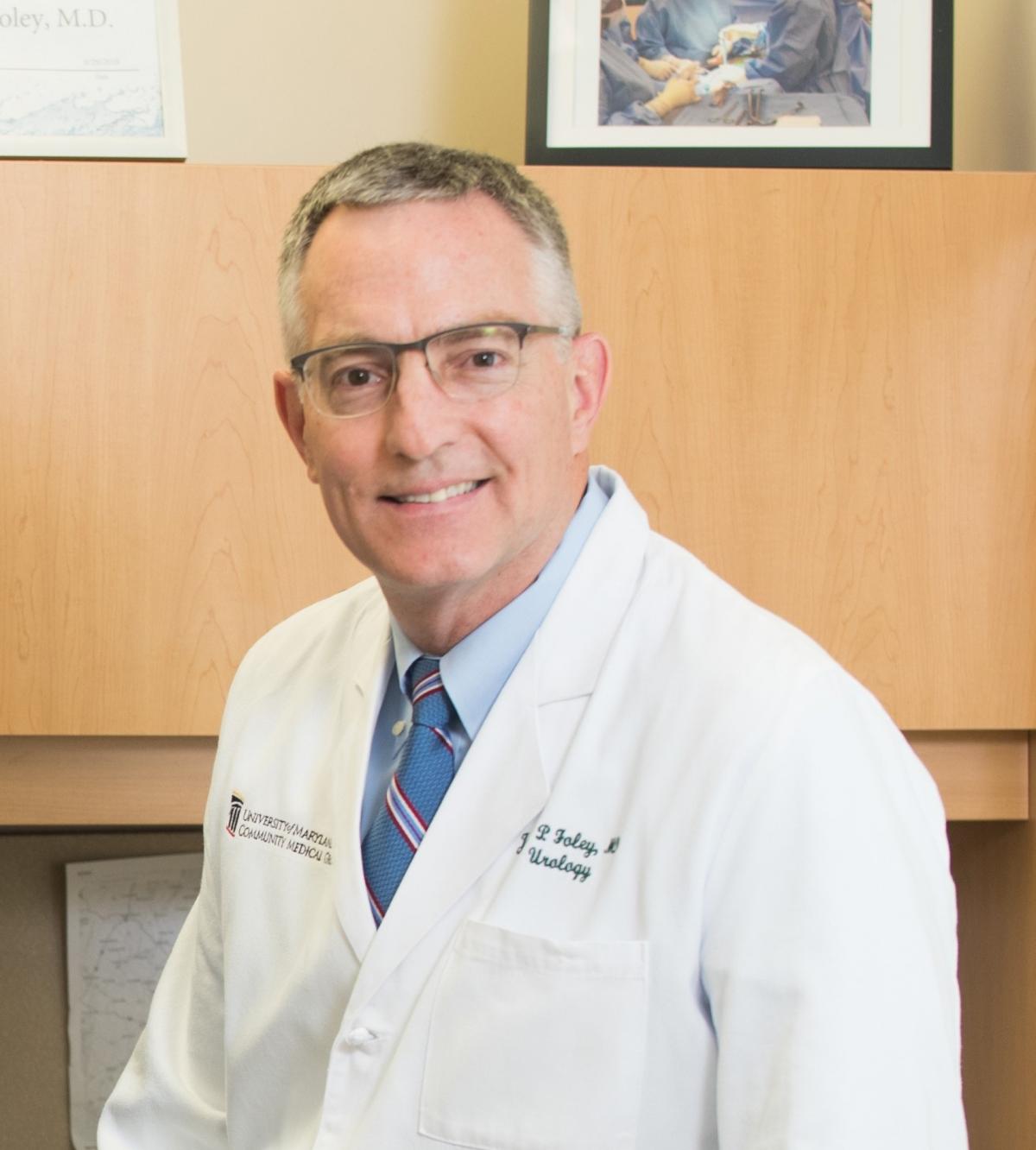
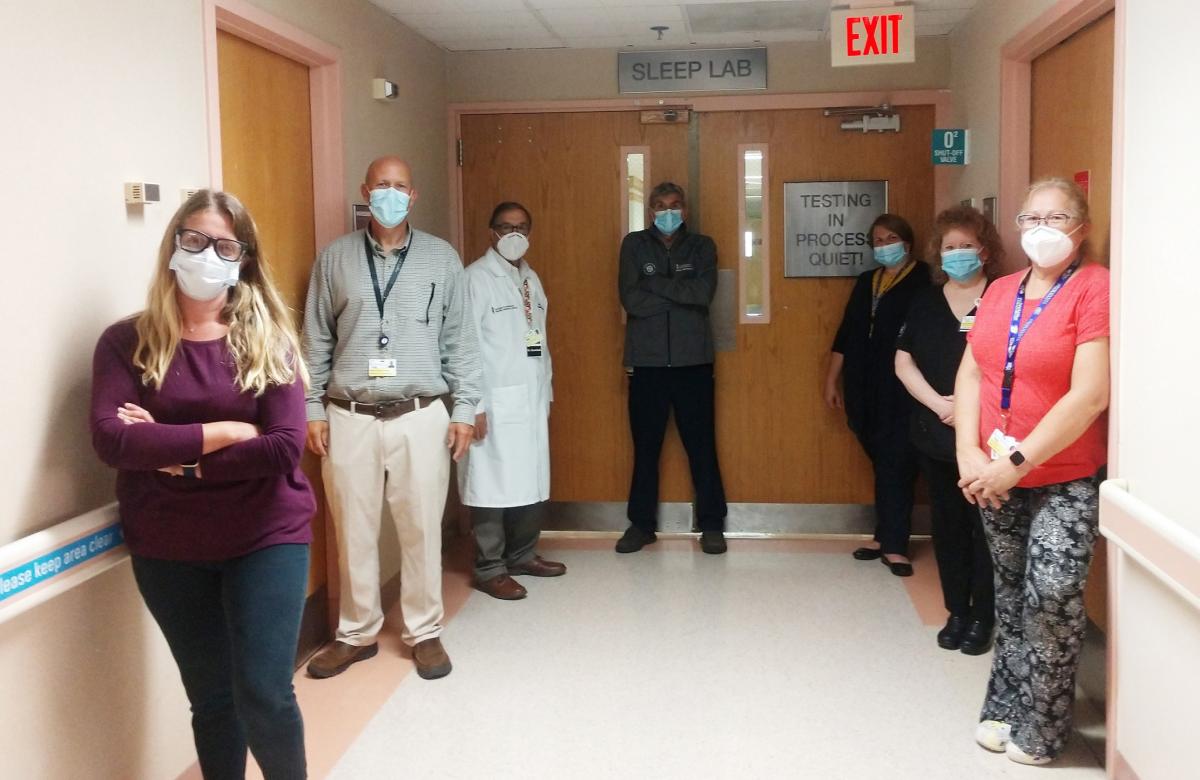
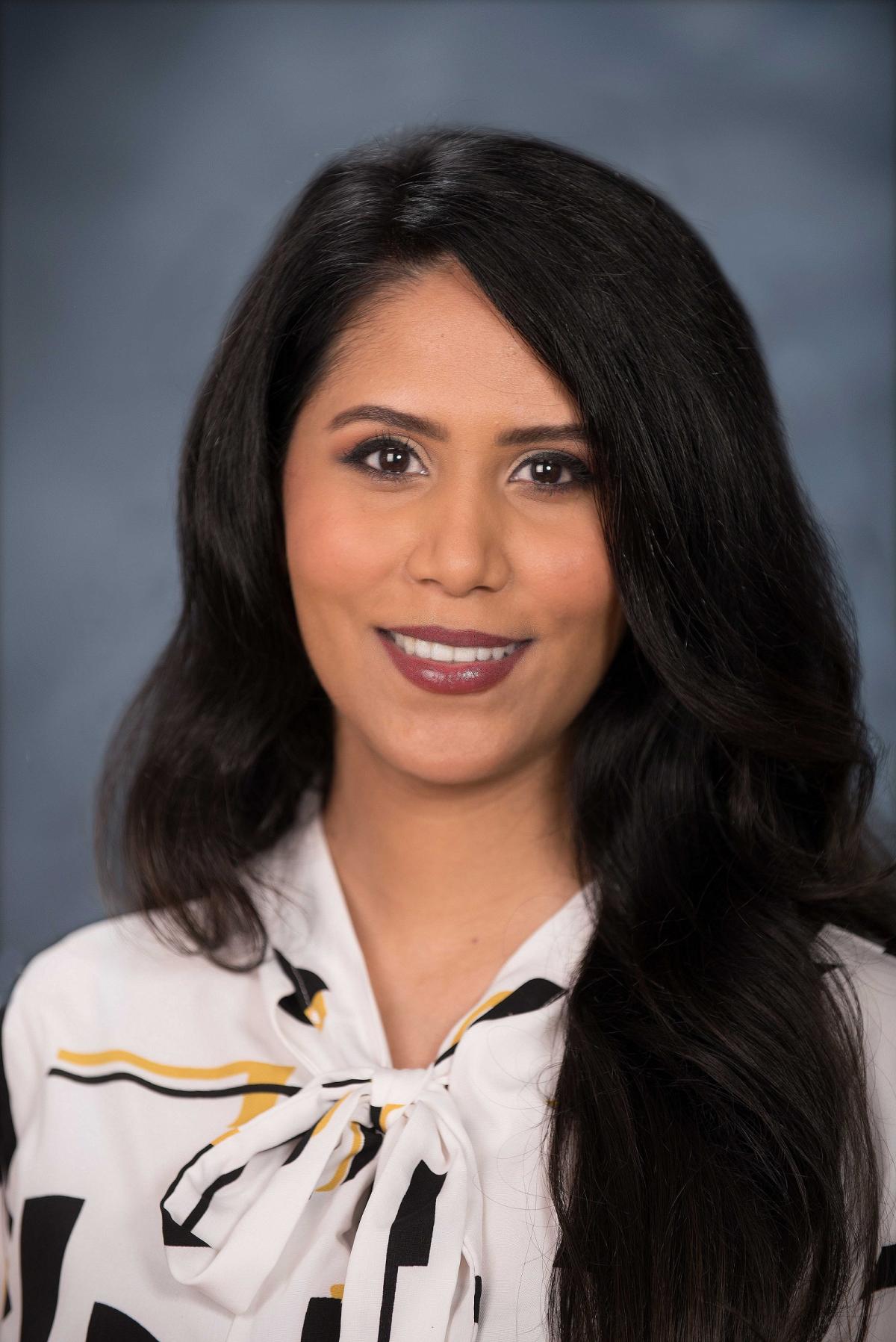 UM Shore Medical Group – Neurology and Sleep Medicine recently welcomed Rena Sukhdeo Singh, MD. A board-certified neurologist, she joins M. Walid Kamsheh, MD; Rahel Alemu, CRNP; Fallon Bauer, PA-C; Trisha Lemay, CRNP; and Tatyana Valentin, CRNP, in the Easton-based practice.
UM Shore Medical Group – Neurology and Sleep Medicine recently welcomed Rena Sukhdeo Singh, MD. A board-certified neurologist, she joins M. Walid Kamsheh, MD; Rahel Alemu, CRNP; Fallon Bauer, PA-C; Trisha Lemay, CRNP; and Tatyana Valentin, CRNP, in the Easton-based practice. The Birthing Center at UM Shore Regional Health will be hosting virtual courses to discuss:
The Birthing Center at UM Shore Regional Health will be hosting virtual courses to discuss: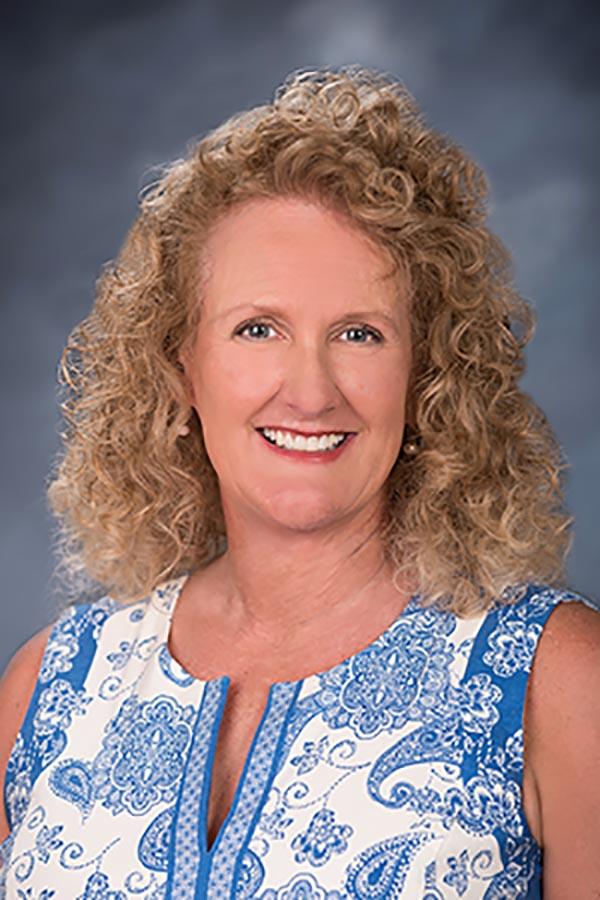 Michele A. Domenick, MD has joined the UM Shore Medical Group – Surgical Care practice serving the general surgery care needs of Kent and northern Queen Anne’s counties.
Michele A. Domenick, MD has joined the UM Shore Medical Group – Surgical Care practice serving the general surgery care needs of Kent and northern Queen Anne’s counties.